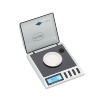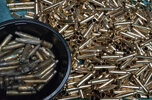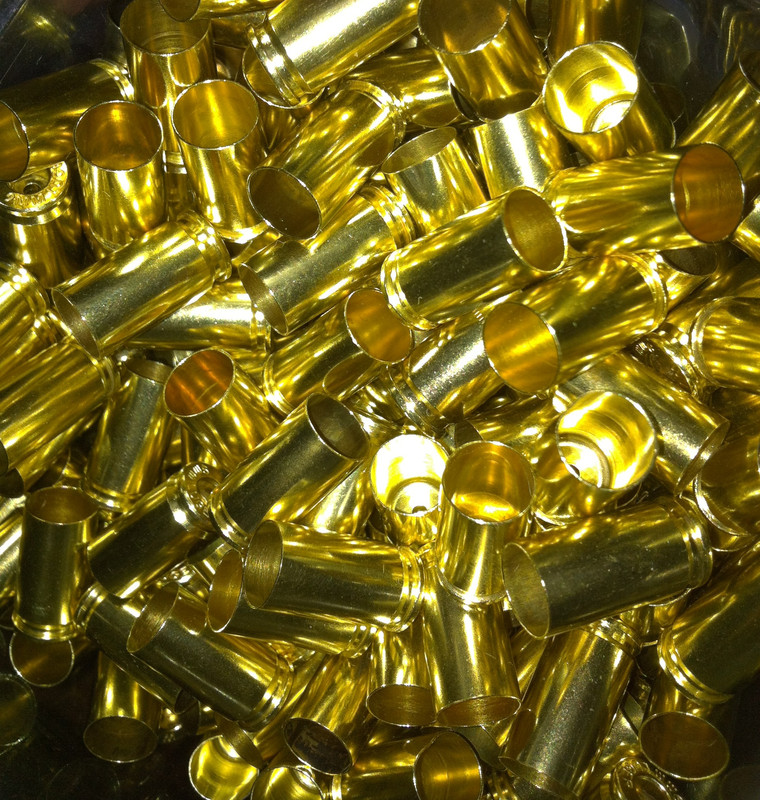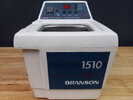Reloading Bench Selection (For both stand up and sit down reloading):
After using 2'x6' and 2'x8' heavy castered benches built from 2x4s and 4x4s for garage that were heavy duty enough to hold engine blocks for reloading during early years (And dying in summer heat of 105F+ and freezing in the winter), I built smaller 2'x3' and 2'x2' portable benchs to reload anywhere in or around the house in the comfort of air conditioning and heating.
Since the 2'x3' portable bench using Harbor Freight furniture dolly casters worked out so well (I was able to resize even thicker military .308 brass on empty bench with presses mounted at the ends to go through doorways), I decided on using Home Depot Husky 52" castered bench with height adjustable top for both stand up and sit down reloading (This also eliminates the use of raised press mount for comfortable ram lever operation).
It is currently $189 and comes in black or white color to match your reloading room/home decor but I chose to go with black as my reloading room already hosts black 5' tall Husky tool chest and black 6' wire shelving unit -
https://www.homedepot.com/p/Husky-52-in-Adjustable-Height-Work-Table-in-White-HOLT52XDBJ2/312063227
There is also one or two drawer bench option but I opted for no drawer bench as I mainly plan on doing sit-down reloading and drawers would hit my legs. One drawer bench is currently $209 -
https://www.homedepot.com/p/Husky-5...Wood-Top-in-Gloss-Black-HOLT5201B11/317302932
Also comes in shorter 46" width and currently two drawer bench is $198 -
https://www.homedepot.com/p/Husky-4...with-2-Drawers-in-White-HOLT4602BJ2/312063246
So for around $200, you can start out with a portable castered bench that is heavy/solid enough to resize rifle cartridges standing up or sitting down with the option of moving it around the house.
Reloading setup cost total:
- Portable castered adjustable bench ~ $200















